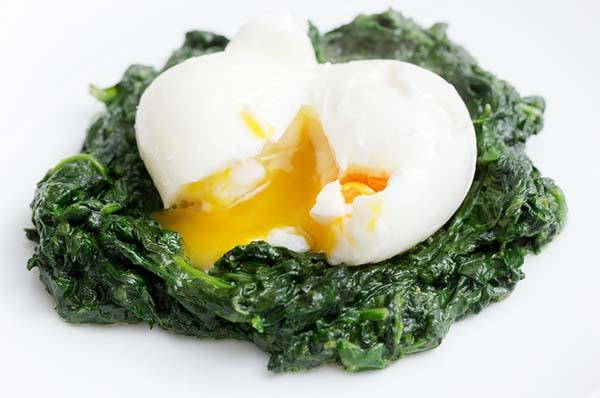Protein: if we consume it in excessive quantities, we put our body at risk. We could, in fact, be affected by mood swings, we could get fat or feel exhausted.
Don't store avocado like this: it's dangerousThey are not good. rather! They are high-protein diets. Carbohydrates, fats and protein: our body needs everything, without excluding anything.
Thus, if carbohydrates are essential because they provide us with sufficient energy and certain types of fats (such as omega 3, for example) are useful for the cardiovascular system, proteins also play a fundamental role because they help to take up energy, build and repair muscles and strengthen the immune system.
In fact, proteins are composed of amino acids, which in turn make up the "Fabrics, including muscles, blood vessels, hair, skin, and nails. But even in their case, if we take it in excessive quantities, we put our body at risk. We could, in fact, be affected by mood swings, we could get fat or feel exhausted.
READ also: THE DIET THAT EXTENDS LIFE? FEW PROTEIN AND SEMI-FASTING 2 TIMES A WEEK
The recommended daily intake of protein varies from 50 to 62 grams per day.
Index
But what happens to the body on a high-protein diet?
This is explained by nutritionist Kaleigh McMordie who in an article in the Reader's Digest explains that the body sends precise signals, which can be enclosed in 7 points. Here are which ones:

1 - Sulking. It is one of the first detectors of a protein surplus. To regain a good mood it is necessary to rebalance the nutrients. As for carbohydrates, it's better to go for it complexes such as fruit, yogurt, brown rice and oats rather than pasta or pizzas.
2 - Exhaustion and a foggy brain. Above all, it signals that the daily dose of carbohydrates is being reduced. One solution may be to snack on healthy snacks between lunch and dinner to feel full, without having your brain "clouded".
READ also: THE 10 BEST VEGETABLE SOURCES OF PROTEIN
3 - Get angry. When too much time passes between meals, it can feel like you are losing patience. For McMordie, this means that the body is getting too much protein. "Without enough carbohydrates - he points out - the blood sugar level collapses and not enough serotonin is produced, making us feel angry". If this is the case, McMordie suggests eating a snack, such as Greek yogurt and berries, cheese and fruit, or hummus and whole wheat crackers.
4 - Put on weight. Those who want to lose weight quickly often consider the idea of following a protein diet, but often there is the risk of obtaining the opposite effect, that is to gain weight. “This is especially true if you eat too much animal protein or drink too many protein shakes - warns McMordie - meat often has extra fat and calories, while some protein shakes are high in added sugars that improve their flavor. Over time, an excess of calories, no matter if they come from fat, sugar or protein, can cause weight gain. " For a more balanced diet it is necessary to include lean proteins, cereals, fruits and vegetables.
READ also: PROTEIN: MEAT AND CHEESE DANGEROUS LIKE SMOKE
5 - Constipation. If you take in too much protein, your body has difficulty digesting and the intestine struggles to stay regular. The suggestion is to get at least 25 grams of fiber per day from foods such as whole grains (oats and quinoa), vegetables and fruits.
6 - Always be thirsty. Another sign that the body is getting too much protein is a constant desire to drink. “Dehydration is caused by the kidneys' disposal of excess protein - explains chef Ken Immer - this causes a frequent need to urinate, a slight dehydration and for those predisposed to it, the formation of kidney stones“.
7 - Having bad breath. Not only does eating too much meat make you sweat more, it also causes bad breath. "When the body is in reserve of carbohydrates - says McMordie - it uses fat as if it were combustible, producing ketones, which can give the breath an unpleasant smell of acetone".
The contraindications of high-protein diets
The contraindications of the protein diet and the side effects that may appear are therefore:
• Fatigue of the liver and kidneys
• Constipation
• Headache
• Mood disturbances
• Disorders of the menstrual cycle
• Bad breath
• Increase in cholesterol and triglycerides
• Increased risk of gout
• Increased risk of colorectal cancer
• Possible yo-yo effect at the end of the diet
High-protein diets, the different types:
- Dukan Diet
- Zone Diet
- Atkins diet
- Scarsdale diet
- plank diet
Germana Carillo


























